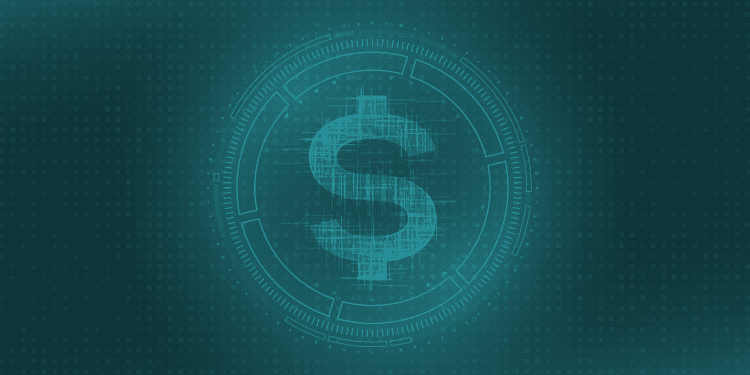- The U.S. House of Financial Services Committee takes bold steps with legislation in restricting the issuance of central bank digital currency (CBDC)
- Chairman Partick McHenry has noted that the committee will conduct markups for the two bills related to the digital dollar on Sep 20
- The possibility of a digital dollar has sparked debate in the United States, as various personnel have expressed concerns about introducing a CBDC in the country, citing financial privacy concerns.
The United States House of Financial Services Committee is taking bold steps with legislation to limit the issuance of a central bank digital currency (CBDC). A central bank digital currency is a bit similar to the traditional currency issued by a central bank. It can be described as a digital version of fiat currency, bringing the conveniences of digital assets.
In an announcement by chairman Patrick McHenry, he noted that the committee will conduct markups for two bills related to the potential digital dollar on Sep 20. Markups are a crucial session in which lawmakers discuss the details of a bill before the legislation progresses to the House floor.
Various bills include the Digital Dollar Pilot Prevention Act or H.R. 3712. This bill seeks to prevent the Federal Reserve from initiating pilot programs to test CBDCs without obtaining approval from Congress. Representative Alex Mooney introduced this legislation in May.
However, the Fed recently noted that it has yet to decide whether to issue a CBDC, emphasizing that any such move would require authorization from the law. It said,” It would only proceed with issuing a CBDC with an authorizing statute.” Notably, the Federal Reserve of San Francisco has been actively recruiting technical positions for a CBDC project over the past several months, indicating ongoing consideration of the digital dollar.
On the other hand, the second legislation piece is the amendment to the Federal Reserve Act. The Act seeks to limit Fed banks from offering certain products or services directly to individuals, prohibiting the use of CBDCs for monetary policy and other purposes.
A section of the bill stated;
“A Federal Reserve Bank shall not offer a central bank digital currency or any digital asset that is substantially similar under any other name or label, indirectly to an individual through a financial institution or other intermediaries.”
The Digital Dollar Debate
The possibility of a digital dollar has sparked debate in the United States. Presidential candidates Robert F. Kennedy Jr. and Ron DeSantis have expressed concerns about introducing a CBDC in the country, citing financial privacy concerns.
Speaking at the Family Leadership Summit on July 14, DeSantis promised to ban CBDCs in the U.S. if elected president. “If I am the president, we will mix central bank digital currency on day one. Done. Dead. Not happening in this country,” he said during the event in Iowa, which featured six other Republican Party candidates.
On the other hand, DeSantis is a vocal opponent of a digital dollar in the United States. In May, he signed a Florida bill prohibiting federal CBDCs’ use as money. He also banned using foreign CBDCs, claiming it would lead to a “massive transfer of power from consumers to a central authority.”
However, supporters of CBDCs argue that they could help maintain the global relevance of the U.S. dollar and promote the adoption of cryptocurrencies.














